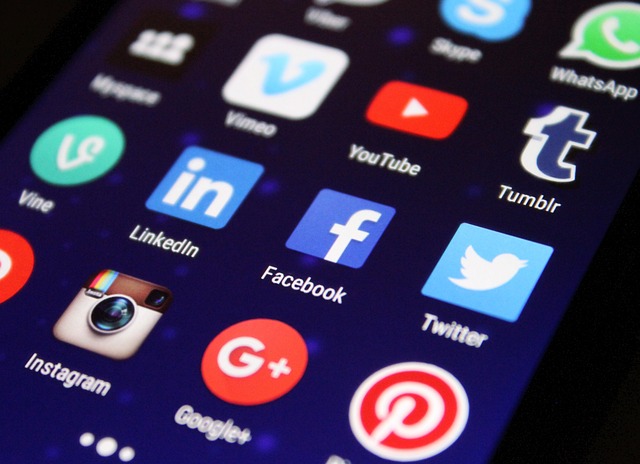In the rapidly evolving digital landscape, new social media trends emerge almost daily, reshaping the way we communicate, share information, and interact with one another. Social media platforms have become more than just places to connect; they serve as the lifeblood of information sharing in today’s society. The impact of these platforms is profound, influencing not only personal relationships but also businesses, politics, and culture at large.
The rise of features like stories, reels, and live videos reflects a significant shift towards visual content that captures attention instantly. This trend transforms mundane updates into engaging narratives, inviting users to participate and share their experiences. Consequently, companies are leveraging these new formats to craft captivating marketing strategies that resonate with their audiences. This blend of creativity and relatability can amplify a brand’s message, making it more likely to be shared and discussed.
Moreover, the impact of social media goes beyond mere entertainment; it has become a powerful tool for information dissemination. In moments of crisis or global events, platforms like Twitter and Instagram become crucial channels for real-time updates. The immediacy of social media allows information to spread faster than traditional news outlets, but it also opens the door to misinformation. Users must navigate this double-edged sword, balancing the need for rapid updates with the responsibility of discerning credible sources.
In this digital age, users increasingly prefer posts and news that are relatable and authentic. This shift in consumer behavior has given rise to ‘influencer culture,’ where individuals with a significant online following can sway public opinion and influence trends. These trendsetters often promote not just products but also lifestyles and ideologies, creating a ripple effect that can change societal norms. As these influencers rise in prominence, traditional media outlets struggle to maintain their relevancy in capturing audiences.
One of the latest new social media trends is the emphasis on community-oriented spaces. Platforms are evolving to support niche groups where users can gather around shared interests, from mental health discussions to hobbyist forums. This trend fosters deeper connections and encourages open dialogues about hard-hitting issues that often go unnoticed in broader discussions. Users feel empowered to share personal stories, gaining support from those who relate.
As we navigate these trends, it’s essential to reflect on how our behavior on social media influences the way information is shared and consumed. The future of information sharing will likely hinge on our ability to adapt to these new norms while maintaining a critical eye on the content we engage with. As social media continues to shape our world, understanding its impact on information sharing becomes more crucial than ever.




